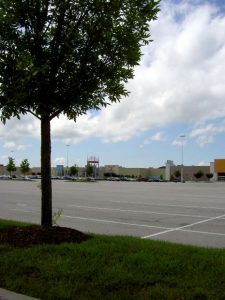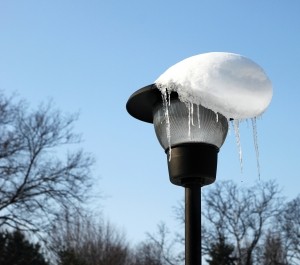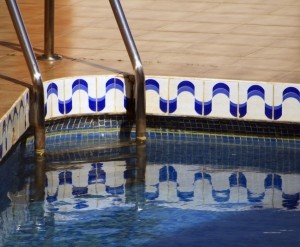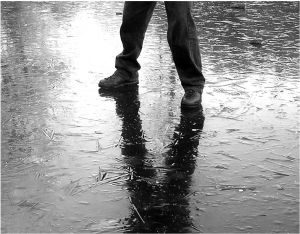When a plaintiff is on someone else’s property and is injured as a result of some dangerous condition on the property, the type of legal action likely to be filed is known as a premises liability case. A Boston premises liability cases is plead under a theory of negligence and alleges that the defendant did not maintain the property in such as condition so as to make it reasonably safe for lawful entrants onto the land.
Standard of Care in Boston Premises Liability Cases
In Massachusetts, the law regarding the duty of due care owed to lawful occupants on the property was drastically altered as compared to what it was and still is in many other states in a 1973 cases captioned Wilbur M. Mounsey v. P. Ellard & Another (363 Mass. 693). Prior to this case, the law required a distinction between invitees and licensees when determining if the landowner owed a duty of due care to maintain the property in a safe condition and warn lawful occupants of known, yet hidden, dangers. Continue reading
 Boston Personal Injury Attorney Blog
Boston Personal Injury Attorney Blog




